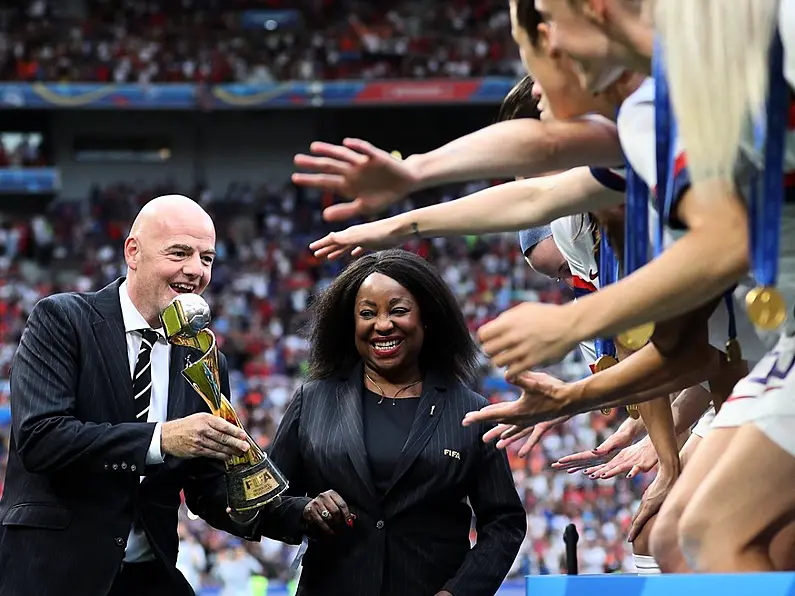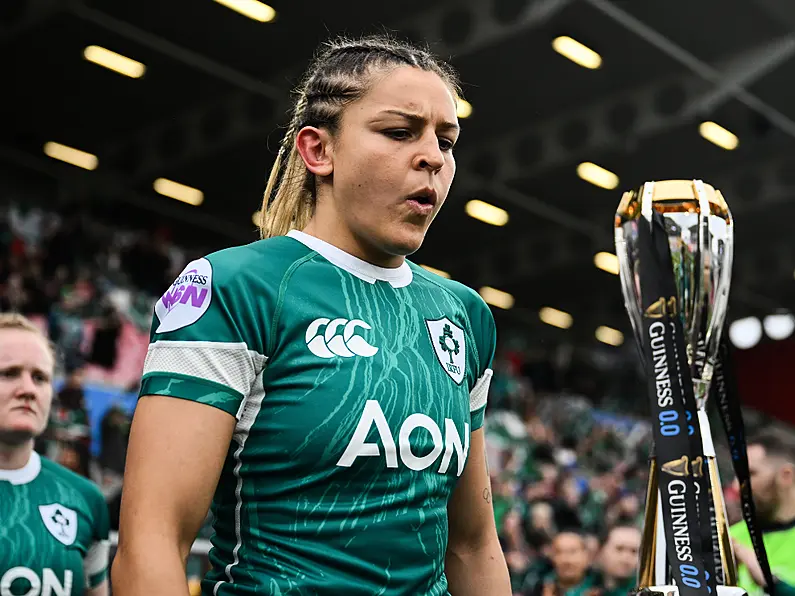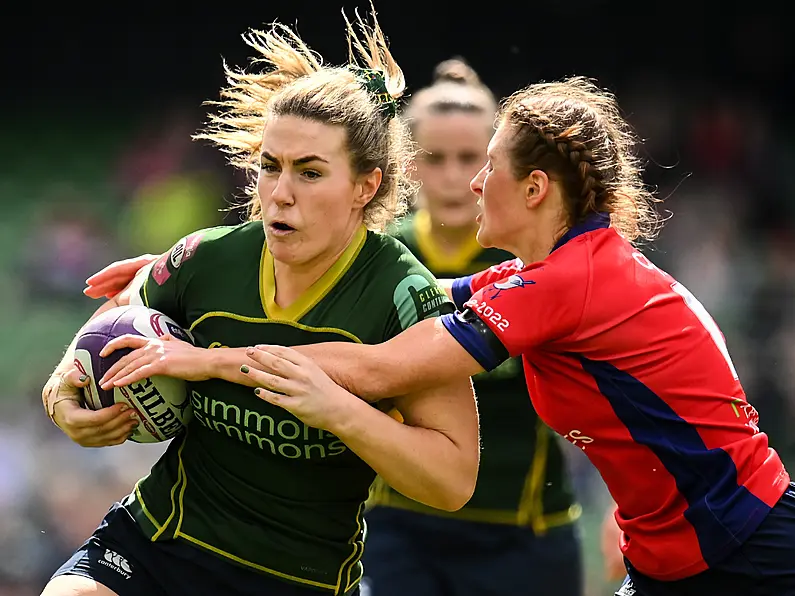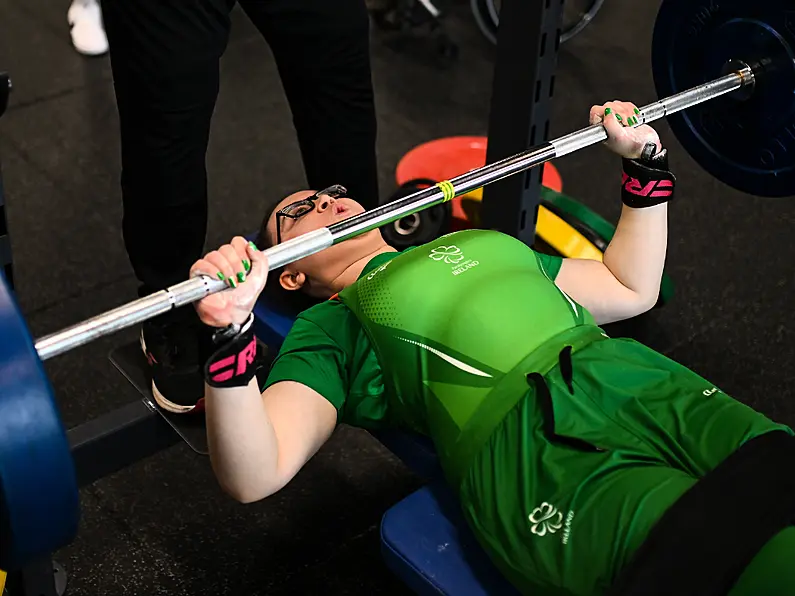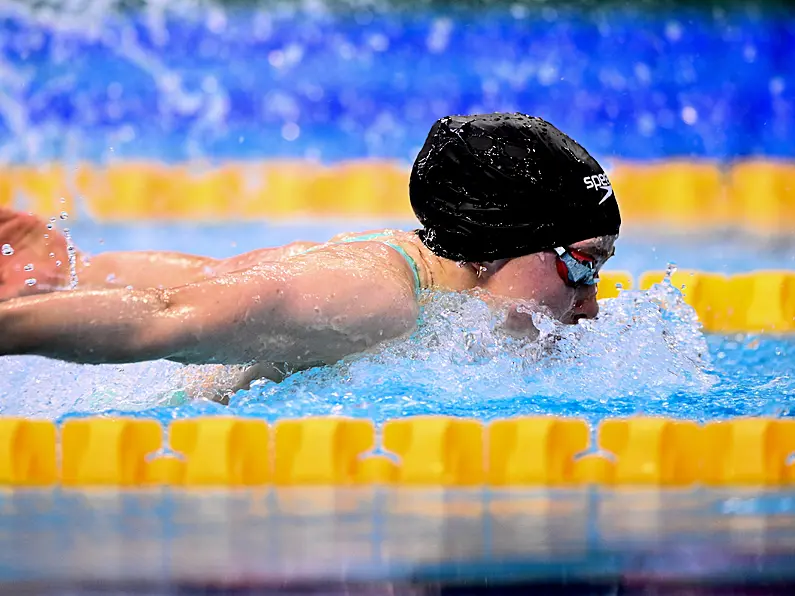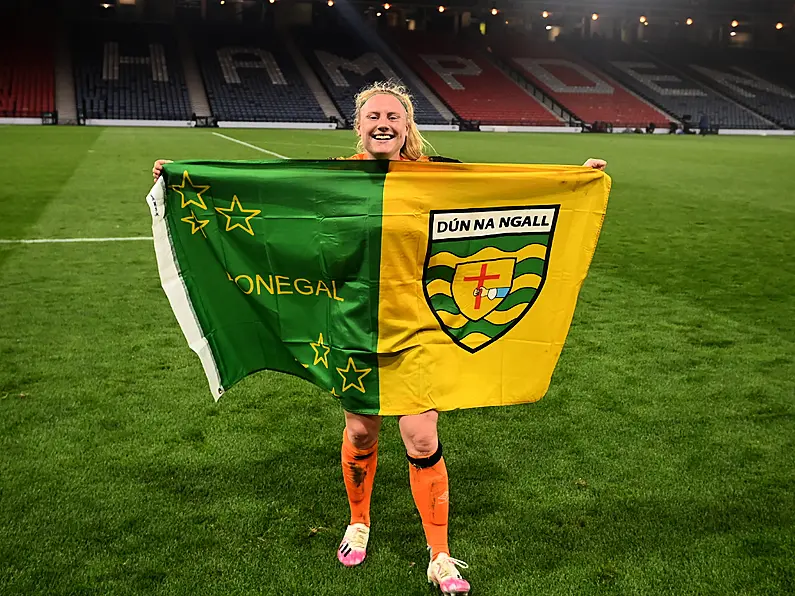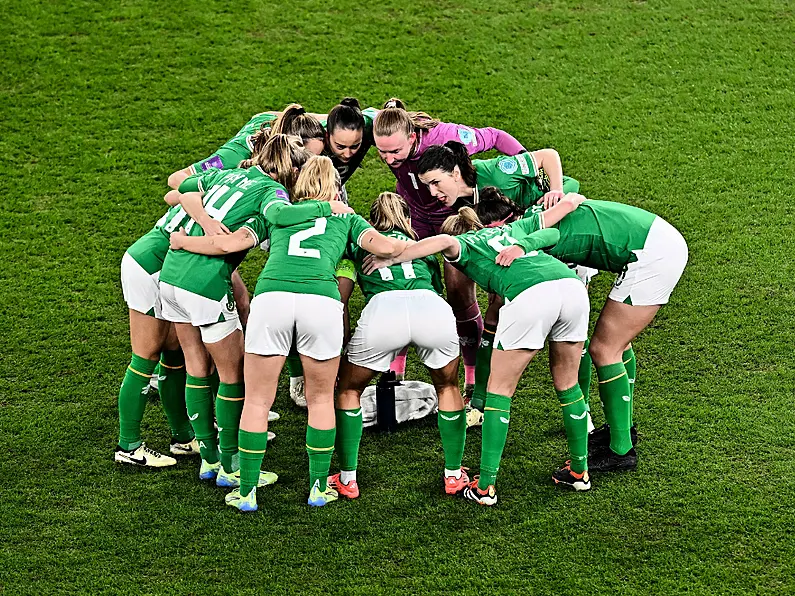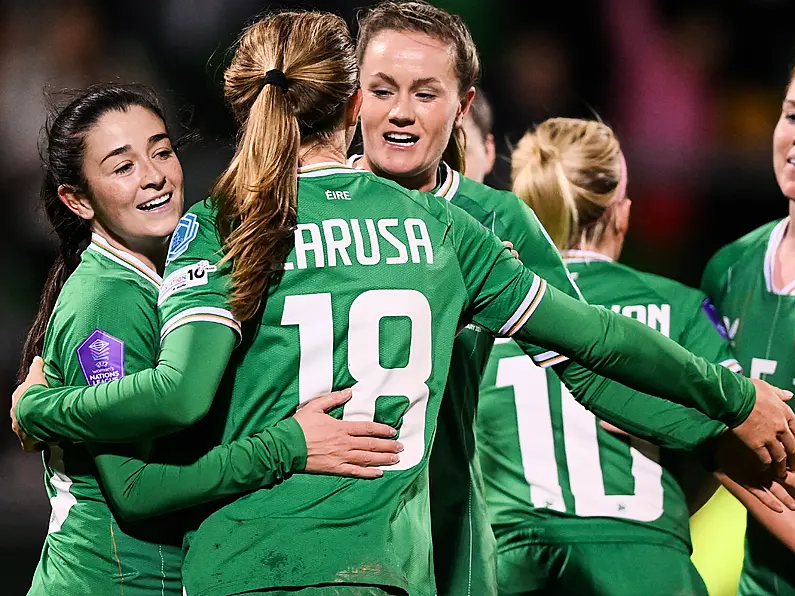This year has seen many triumphs for women's soccer - the latest one being that the Women's World Cup is on track to become the most attended standalone women's sporting event ever with over one million tickets sold, according to FIFA.
The forthcoming tournament is set to get underway on July 20, hosted in Australia and New Zealand, with an expanded format of 32 teams.
Last week, FIFA President Gianni Infantino revealed that 1,032,884 tickets have been sold so far for the World Cup, surpassing the previous tournament in France in 2019: "As I write this, 1,032,884 tickets have been sold. This means that with over one month to go before kick-off, we have surpassed the numbers sold for France 2019, thus meaning that Australia & New Zealand 2023 is on track to become the most attended FIFA Women's World Cup in history".
FIFA President, Gianni Infantino, revealed that 1,032,884 tickets have now been sold for the ninth edition of the FIFA Women’s World Cup, surpassing the total sales for France 2019. pic.twitter.com/kprD8rgDq8
— the female athlete project (@femathproject) June 8, 2023
"The future is women, thanks to the fans for supporting what will be the greatest FIFA Women's World Cup ever!," Infantino said in a statement.
"The momentum is building in the host countries and across the globe, and I look forward to seeing you there to witness the stars of women's football shine on the world stage."
Due to the high public demand for tickets, FIFA announced that there would be a venue change for Australia's opening match against Ireland. The match will now take place at the 83,500-capacity Stadium Australia, the tournament's largest stadium.
This will also allow up to 100,000 fans to attend the World Cup's opening games, with the match between co-hosts New Zealand and Norway taking place hours before in Auckland.
While the tickets for the World Cup are quickly selling out, FIFA is still involved in a dispute over TV rights. The European blackout is still looming unless FIFA doesnt receive improved offers from broadcasters.
The blackout threat has prompted the 'big five' soccer nations -UK, France, Spain, Germany and Italy - to "fully mobilise all stakeholders"
The BBC and ITV are reportedly working on a deal to share duties to cover the tournament in the UK, but this has not been formally announced.
As there is no deadline for a deal to be struck, talks could take place right up until the start of the tournament.
